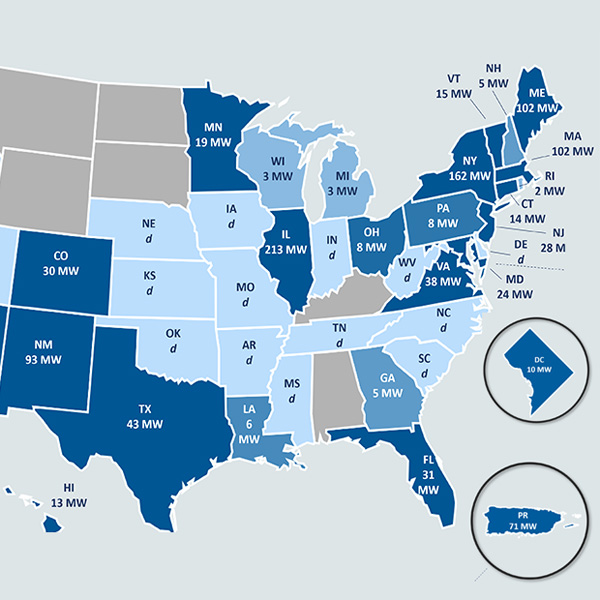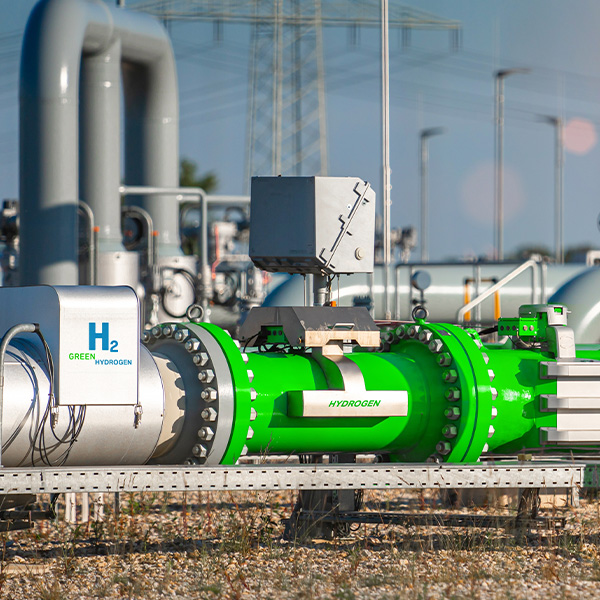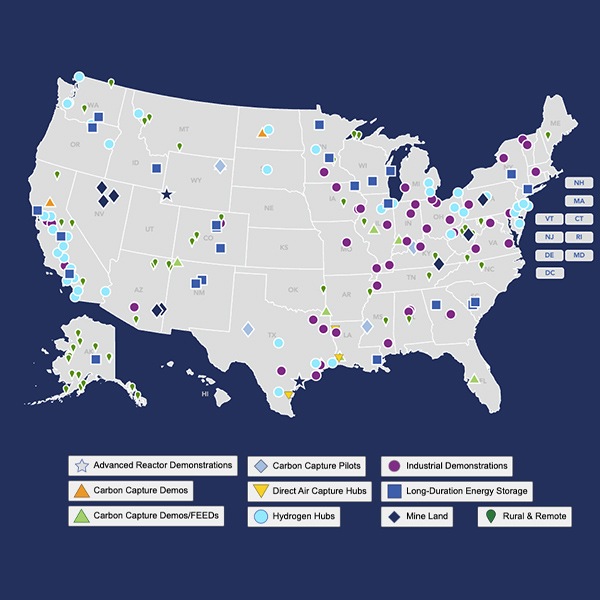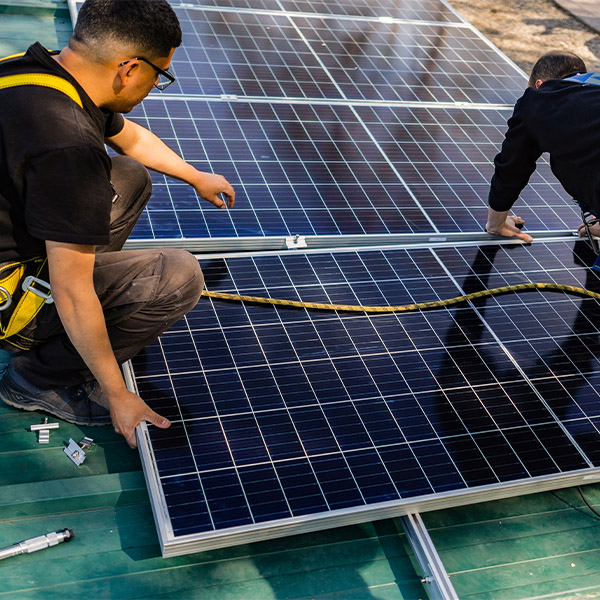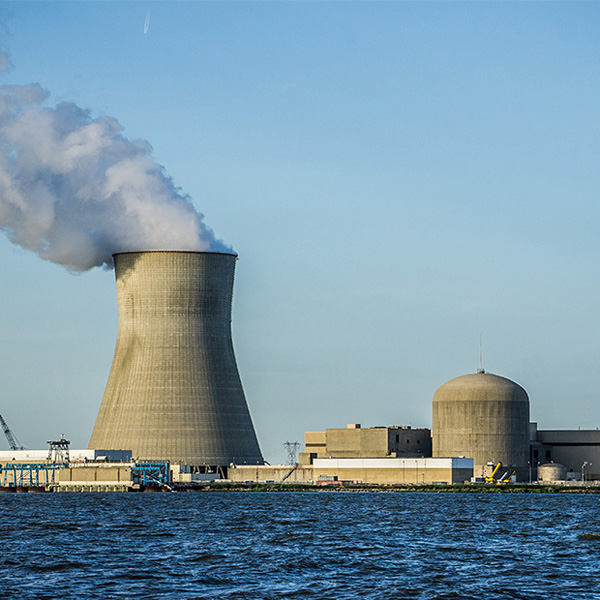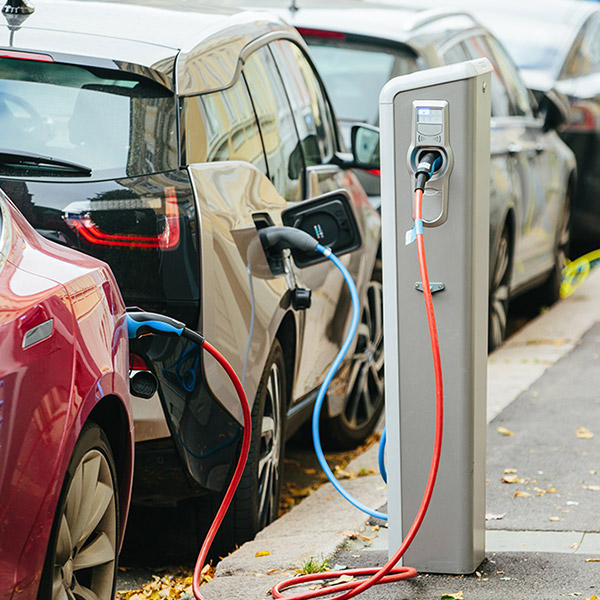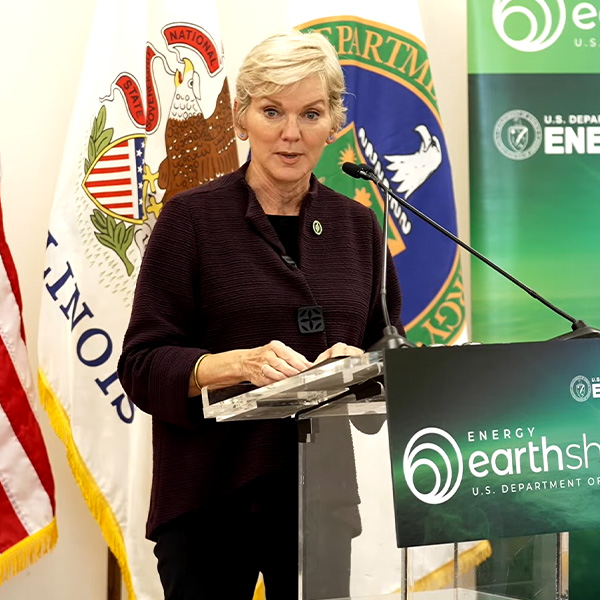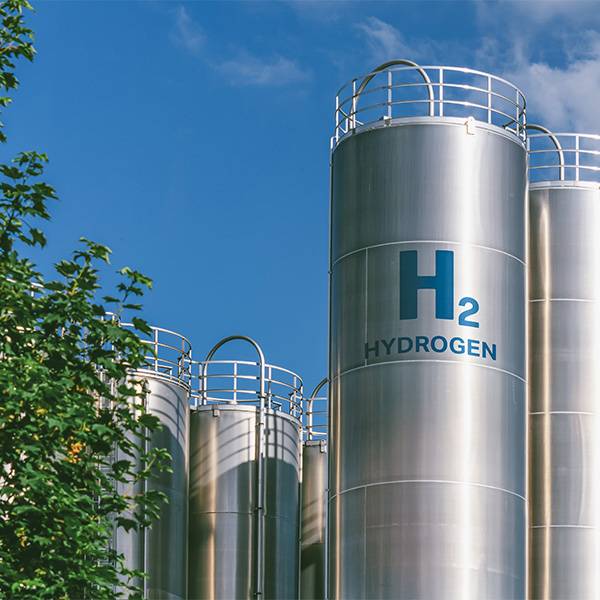U.S. Department of the Treasury
Rules and guidance for the federal Clean Electricity Low-Income Communities Bonus Credit have been finalized and will be published shortly.
The IRS has issued final clean hydrogen tax credit rules that balance the contentious and complicated matter well enough that industry and environmental advocates both can find something positive in the details.
A panel on hydrogen at the National Clean Energy Week Policymakers Symposium provided a state-of-the-industry update.
Signed into law Aug. 16, 2022, the IRA is the largest federal investment in climate and clean energy action in history, and leading up to the IRA’s second anniversary, the Department of Energy and other agencies have heralded the law’s impact and benefits.
The administration’s focus on growing a healthy, competitive solar supply chain combines Biden’s drive to stimulate private investment in clean tech manufacturing and jobs and bipartisan concerns about Chinese trade practices.
PSEG still is waiting to hear from the Treasury Department on the rules on the Production Tax Credits that are part of the Inflation Reduction Act.
The Treasury Department and the IRS released guidance on tax incentives from the Inflation Reduction Act to offset the cost of installing electric vehicle charging stations and other alternative refueling stations.
DOE is focused on reshaping the U.S. energy landscape, but officials may have only another year to build the momentum needed to make any potential Republican rollbacks unpopular and unlikely.
Hydrogen producers seeking tax credits will need to use new clean energy time-matched to demand, the Biden administration proposed.
The Treasury Department has released guidance on the tax credit for sustainable aviation fuel that offers incentives to fuel that cuts emissions by at least 50% compared to standard jet fuel.
Want more? Advanced Search
